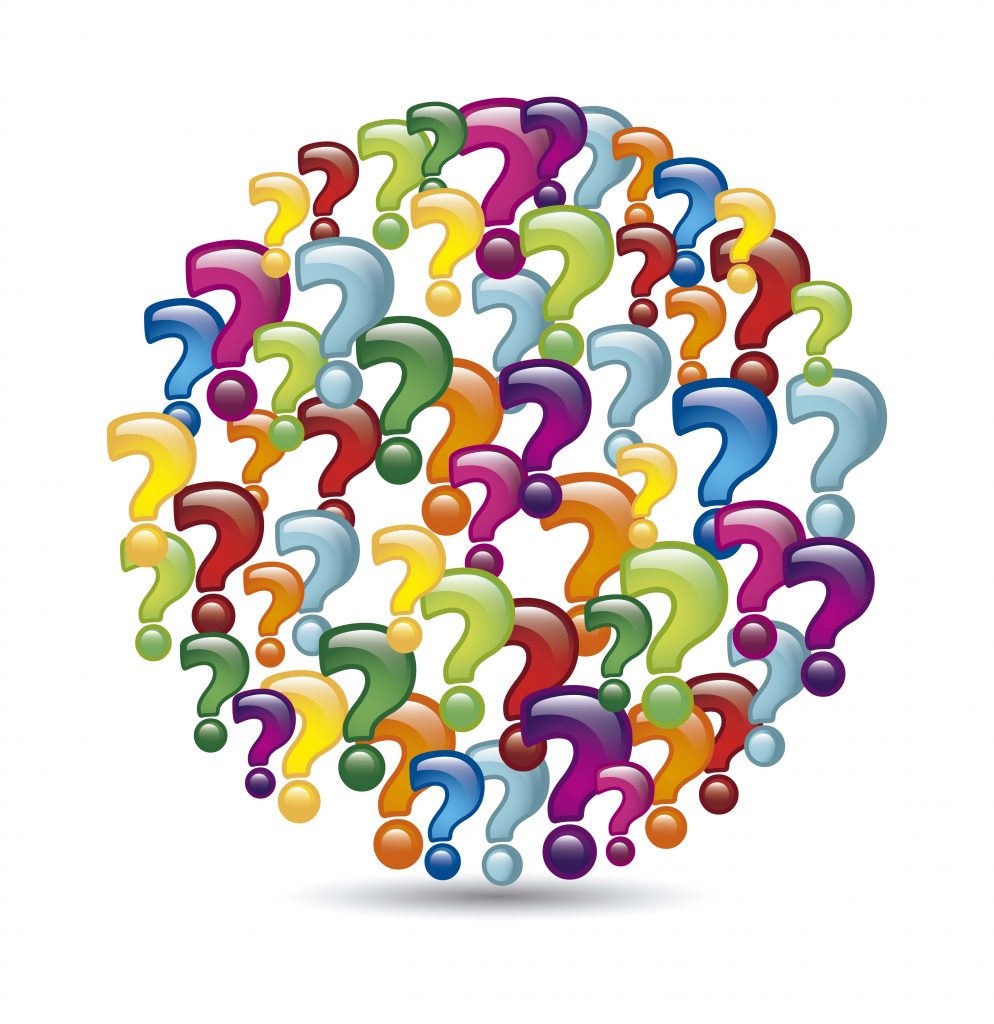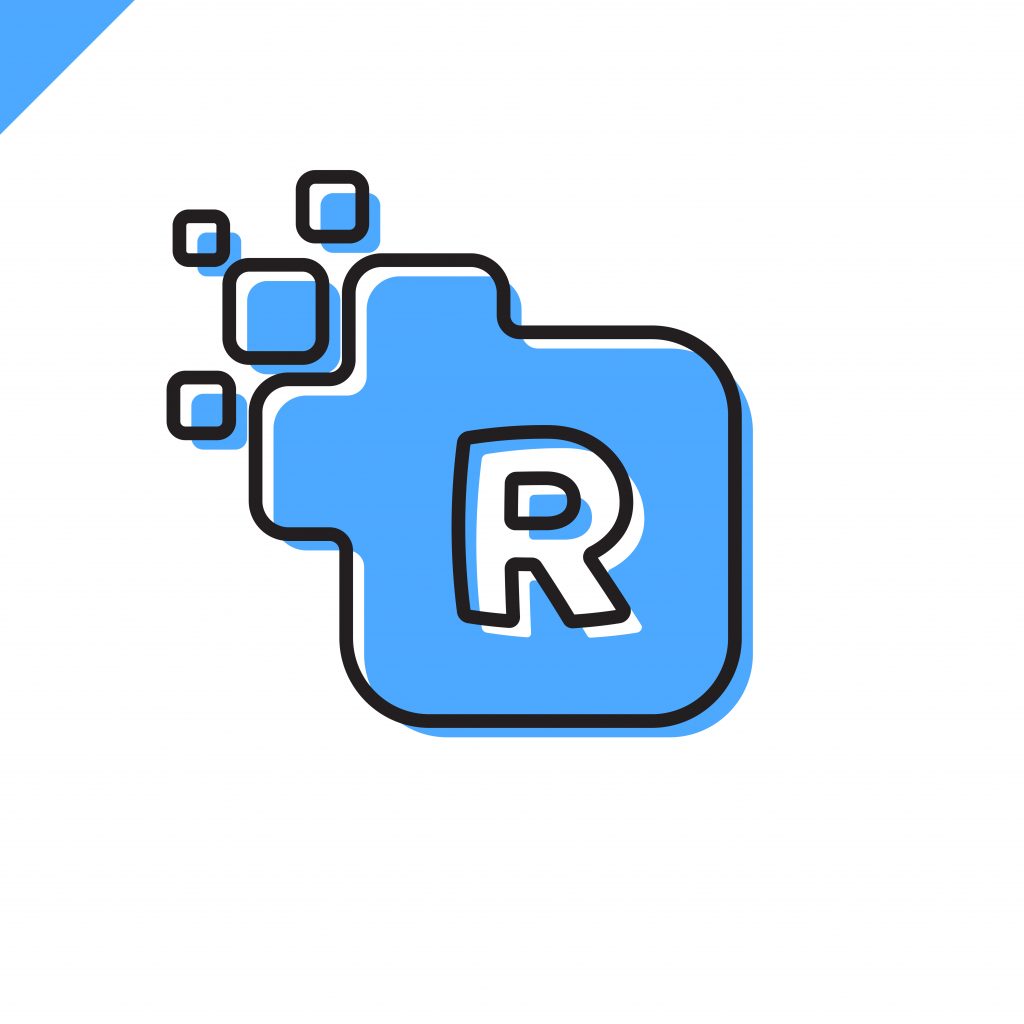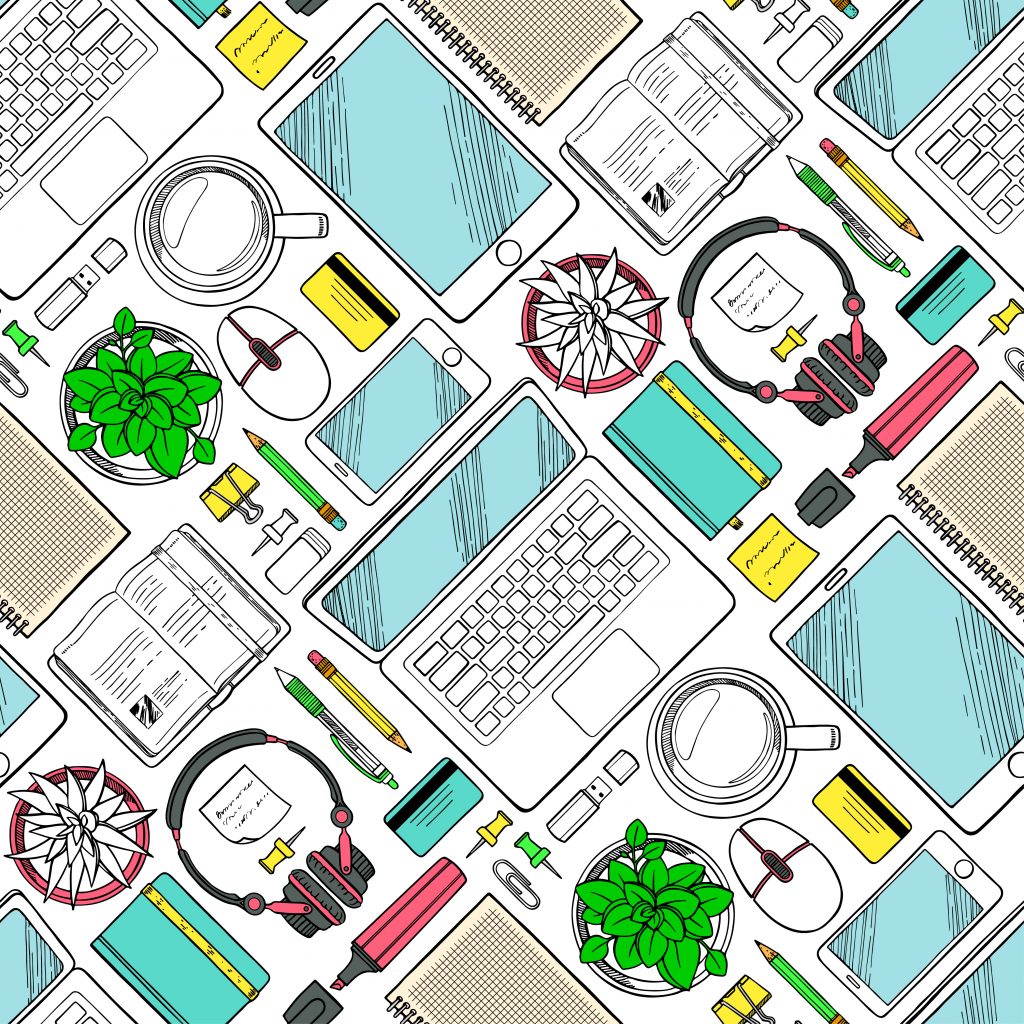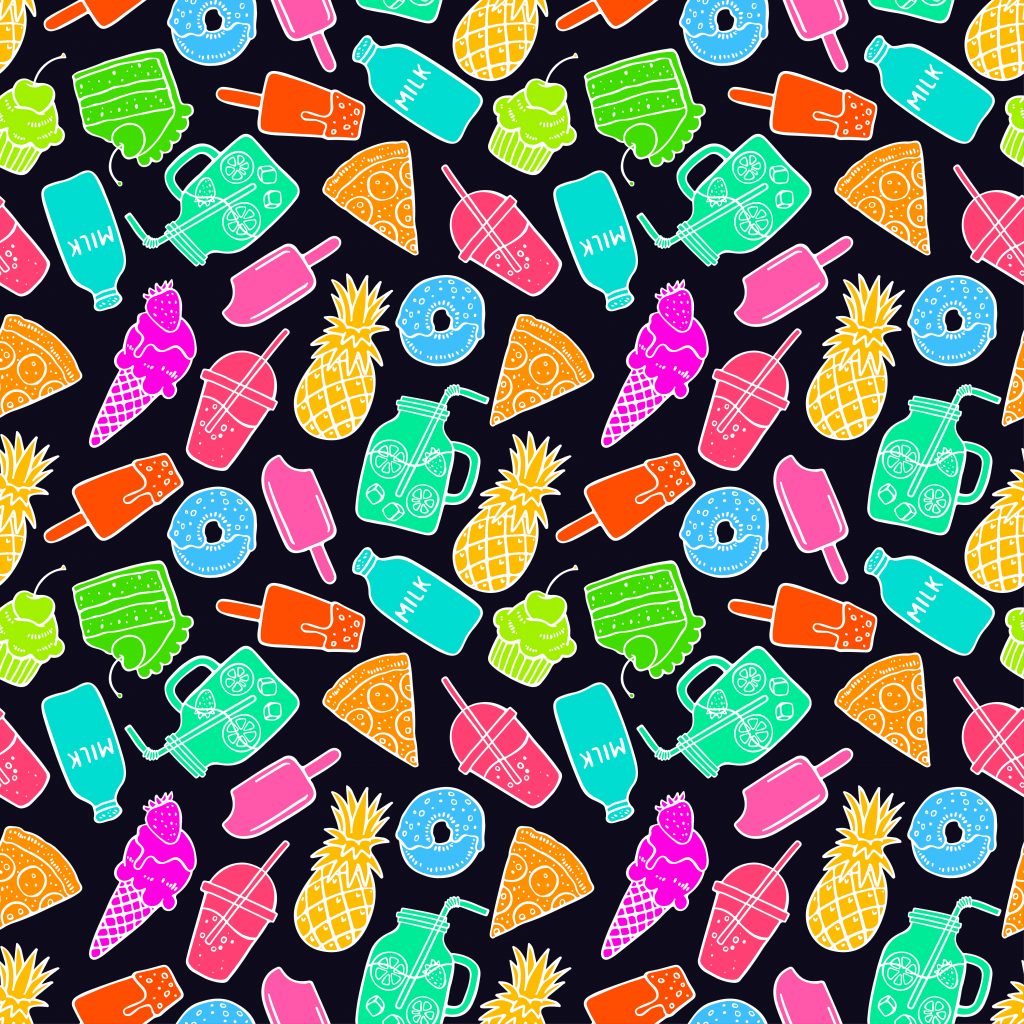
THE BENEFITS OF RIDDLES
Mrs G Haux, Head of Pre-primary
A riddle is a question or statement that offers a puzzle to be solved. When it comes to riddles for children there are so many benefits that go further than the initial good laugh!
Intellectual humour. When you are learning something new, laughter helps motivate you a little more.
Q: If you throw a blue stone into the Red Sea, what will it become?
A: Wet.
Problem solving skills. Problem solving is one of the most important things we can teach our children and riddles help improve their problem skills.
Q: Which weighs more, a kilogram of feathers or a kilogram of bricks?
A: Neither. They both weigh one kilogram.
Critical Thinking Skills. Critical thinking is a key component that children use while solving riddles.
Q: The more you take, the more you leave behind. What are they?
A: Footprints.
Expands Vocabulary. As children read and solve riddles, they expand their vocabulary and learn multiple meanings and ways to use words.
Q: I travel very slowly when gliding along the ground. Maybe my shell weighs me down. In your garden, I am found. What am I?
A: A snail.
Share their Knowledge. As children learn riddles, they learn new skills and words which they can share with others.
Q: How can you throw a ball as hard as you can, to only have it come back to you, even if it doesn’t bounce off anything?
A: Throw the ball straight up in the air.
Creates Bonds. By sharing the love of riddles with your children, you help them create bonds with you as well as with their peers.
Q: What belongs to you, but other people use it more than you?
A: Your name.
Establish a love for learning. When children tell and try to solve riddles, it is fun. They do not realise they are “learning”.
Q: How many months have 28 days?
A: All 12 months.
Riddles help establish a lifelong love of reading and learning.
https://www.everythingmom.com/parenting/riddles-and-brain-teasers-for-kids

THE IMPORTANCE OF GRADE R
Mrs L Stegen, Head of Foundation Phase
Grade R is the introduction to the Foundation Phase and forms the basis of a child’s further education. Foundation Phase teachers experience the important role of the Grade R class. They reap the fruit of the hard work that goes into the pre-primary classes.
Children learn when they feel confident, content and happy. Teaching aims to develop the child physically, intellectually, cognitively, creatively, socially and emotionally. This is important during the formative years.
The Grade R class helps settle a child into the school routine where essential language and cognitive skills are developed. Large, fine and gross motor skills are important, and these are developed by learning to sit at a desk and work. Visual perception skills, that form the basis of reading and writing, are also developed here. In addition, working or playing in groups is encouraged.
Discipline plays an important part in the child’s education. A child must be able to sit quietly during lessons and listen to the teacher and peers. This is the beginning of group discipline and being able to work independently.
The Letterland Reading Program is taught from Grade RRR to Grade 3. By the end of Grade R, children should be able to identify the initial sounds, and some can read three letter words.
Mathematical concepts are extended in Grade R with emphasis on counting and understanding numbers. The New Early Bird Kindergarten Mathematics books are used which is the beginner book for the Singapore Mathematics program which is followed to Grade 6.
Listening skills, concentration and following instructions are essential. These are needed for creative and written tasks. Self-control, confidence and the ability to communicate purposefully and logically are skills that must be taught.
According to the current National Curriculum and Assessment Policy Statement (CAPS), certain assessment standards should be achieved by the end of the Grade R year. A Grade 1 learner is expected to be physically, cognitively, affectively, normatively, socio-culturally, and linguistically ready for a solid start to his or her school career (Powel 2010). Linguistic and cognitive readiness implies that a learner can understand the concepts used in the language of learning and teaching (LOLT) of the Foundation Phase.
The Grade R year is extremely important in that it lays a foundation for reading, writing and Mathematics. It helps children learn social skills which they need for interaction in the classroom and for making friends. It teaches them to respect authority, to follow teachers’ instructions and to control their emotions. It helps to develop children’s hand-eye coordination and physical skills.
Parents can assist their children to be school-ready. Allow the child to lend a hand with the cooking which requires maths skills to measure ingredients. Read to the child every day and encourage them to read on their own. Create opportunities for the child to play with others and develop social skills. Jigsaw puzzles are an excellent way to teach children logical thinking skills.
South African Journal of Childhood Education, www.scielo.org.za,fhpps.co.za/the importance-of-grade-r
South African Journal of Childhood Education, www. scielo.org.za, fhpps.co.za/the importance-of-grade-r.

READING, A PRIVILEGE?
Mrs E Gouws, Head of Intermediate Phase
If your Grade 5 child can read and understand a sentence by the end of 2021, count yourself privileged. The simple (or not so simple) skill of reading is an advantage many children do not have. I came across this sobering report recently with the following headline: 70 million children across Africa and Asia face reading crises
More than half of the world’s 10-year-olds could be unable to read and understand a sentence by the end of the year, according to a new analysis by the ONE campaign. This means that more than 70 million children could lack basic literacy skills by the end of 2021, with the Covid-19 global pandemic contributing to 17 percent of this figure. (ONE is a global movement campaigning to end extreme poverty and preventable disease.) These calculations are based on figures released by UNESCO, the World Bank and UN population data.
Schools worldwide have been closed during the past year in an effort to contain the spread of the coronavirus. According to UNESCO, the education of 1.7 billion children in 188 countries was severely disrupted. The learning crisis, according to the ONE campaign analysis, is expected to hit Africa and Asia particularly hard, with sub-Saharan Africa accounting for 40 percent of children at risk. This crisis meant that children were forced to remote learning, however, this increase in learning remotely has been unbalanced in many parts of the world due to infrastructure and technology.
David McNair, executive director for global policy at The ONE Campaign said, “[This] kicks off a whole lifetime of self-directed learning and innovation and has implications for their ability to get an education, innovate, get a job, earn and so on…Unless we take urgent action, the legacy of the pandemic could be millions more children denied the chance to understand words on a page,” he said.
Reading is indeed a skill which children should be encouraged to appreciate and sharpen.

NANO LEARNING IN THE CLASSROOM
Mr D van Straten, Head of Senior Phase
Nanotechnology is a relatively new field of study concerned with building devices on the scale of atoms. To put the size of this technology into perspective: a nanometre is one-billionth of a metre, while the diameter of a human hair is, on average, 80 000 nanometres.
Nanotechnology has the potential to revolutionise science and technology.
For those of us who think that this technology is still lightyears away…The average person already has access to nanotechnology: office workers have improved display screens thanks to unseen nanotechnology, while the contents of bathroom cabinets may contain products that use nanospheres to deliver skin care.
“The impact of nanotechnology on the health, wealth, and lives of people will be at least the equivalent of the combined influences of microelectronics, medical imaging, computer-aided engineering and man-made polymers developed in this century.” Richard Smalley, Nobel laureate in chemistry
But what do advances in the field of science and technology have to do with teaching and learning?
Nano-learning has the potential to revolutionise education. “Our brains are bombarded with distracting alerts and notifications day in day out. They respond to these signals with an increase in the stress hormone cortisol. As a result, we are physically unable to concentrate and process large amounts of information.” The top five educational trends to look out for in 2021 (Stace: 2020)
Many children spend extended periods of time in front of screens – watching DVD’s, playing online chess, reading informative articles – and the stimulus of such interaction decreases their attention spans. Given this fact, as well as the assumption that academic success can be amplified by the ability to reduce the amount of work that a learner must master, nano-learning makes perfect sense.
“Nano-learning is a bite-sized learning solution. It involves providing students with information in smaller amounts, over a shorter period of time…By providing your students with [these] small, “pellet” like bits of information, you are much more likely to increase their productivity, capture their attention and aid their ability to learn.” The top five educational trends to look out for in 2021 (Stace: 2020)
While nanotechnology builds better devices using smaller particles, nano-learning builds academic success on the premises that less equals more.
For learners, this means spending less time reading through textbooks and long-winded notes and spending more time reducing and processing their teacher’s already-reduced subject content into even smaller bits, using colourful summaries and mind maps, keywords, symbolisms, drawing representations, etc.
Nanotechnology promises to revolutionise our lifestyles by reducing the size of science and technology. Nano-learning promises to revolutionise education by reducing the need to master volumes of content in the classroom that is already available on electronic platforms, enabling teachers to expose learners to real-life content, and contexts that inspire rather than bore.
Sources: Brahic, C & Shanahan, M. 2005. What is Nanotechnology and What Can It Do?
https://www.azonano.com/article.aspx?ArticleID=1134
Galligan, F. 2017. Exploring Nanotechnology’s Daily Applications. https://axial.acs.org/2018/02/28/nanotechnology-daily-applications/
Stace, C. 2020. The top five educational trends to look out for in 2021.
https://blog.pearsoninternationalschools.com/the-top-five-educational-trends-to-look-out-for-in-2021/

HOW TO MAINTAIN LEARNING DURING HOLIDAYS
Mrs J Sibeko, Head of FET Phase
A change of environment and a break from routine offers great learning opportunities for children… and parents, too! Holidays such as school term breaks, are crucial for the advancement of brain development in children.
While it is great to give your child a break from schoolwork over the holidays, you do not want them to forget what they have learnt through the year. In fact, the arrival of the holidays does not mean that learning must stop — it just means that there is time to expand on your child’s learning and reinforce the skills he or she has developed.
Winter comes once a year and brings with it weeks of freedom from schoolwork and (usually) homework and although this break is much-deserved, away from day-to-day learning can have a detrimental impact, too, often setting children off on the back-foot when they start school again.
Parents need to remember that children who drop behind lose confidence, which can take time to rebuild.
Parents should assist their children to set a timetable for themselves with a given time for work and relaxation. Give them choices, such as, “would you like to do 15 minutes reading/times-tables practice/maths/writing at this time?” They will feel in control. If you want to build in rewards, so be it. You should also timetable in activities that take your child outside and away from their desk.
Revision is a good way to use the holidays wisely. Set aside agreed time for your child to do revision work. Revise term one’s work and do some school projects. This gives a strong, visual sense of making headway, and helps to develop self-discipline.
Practicing past exam papers can be invaluable, as the format becomes familiar, less daunting, and therefore less stressful. Remember, stressed children will do less well than those who are more relaxed about exams. However, while practice papers have their place, learning is most beneficial when it is contextualised, so reading a book together and discussing the text in detail can be as equally valuable as doing a reading comprehension test paper.
Different individuals work in different ways and for different lengths of time, and parents are the best judges of their own child. Between 10 to 40 minutes dedicated slots per task is probably appropriate.
Source: www.independentschoolpaprent.com

READING AFFECTS EVERYTHING
Mrs A du Preez, Head of Academics
The importance of literacy in Education has been a known fact for a long time. A recent study at the University of Buffalo, however, has ‘accidentally’ revealed further startling mysteries in the field of the brain’s reading networking: ‘Researchers have identified a connectivity fingerprint that suggests the brain’s reading network works across different cognitive domains – even mathematical skills.’ (Neuroscience News, 11 March 2021)
Dr Christopher McNorgan, an assistant professor in UB’s Department of Psychology, stumbled across this discovery during his work on dyslexia. The evidence was clear: The brain dynamically rewires itself all the time according to new tasks, and the way our brain is wired for reading has an influence on our mathematical skills and possibly on many other domains. “I’ve looked at two domains which couldn’t be farther afield,” he said. “If the brain is showing that its wiring for reading is showing up in mental multiplication, what else might it be contributing toward?”
What does this mean for us and our children?
Reading seems to be the long looked-for key to open our minds to Math and all kinds of problem solving we might meet up with in life.
Read more. Inspire children to love reading, to visit different worlds and different times between the pages of good books. Teach children discernment in what they read. Make reading fun.
Sources: https://neurosciencenews.com/rading-skills-math-18021/
